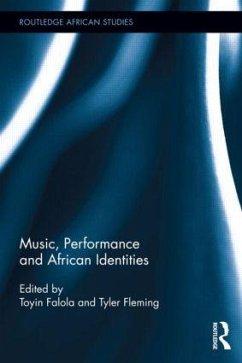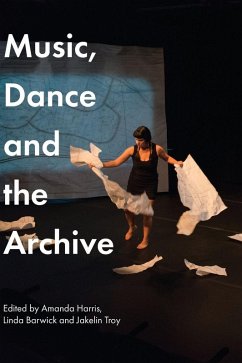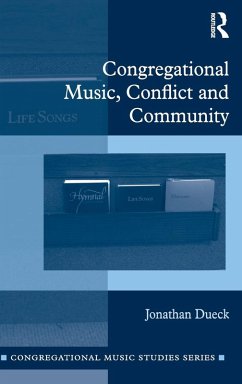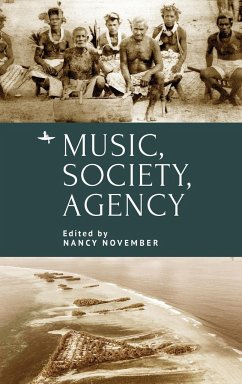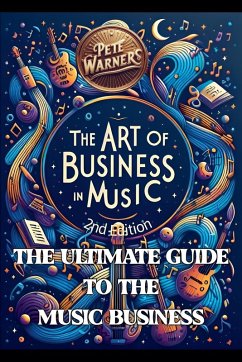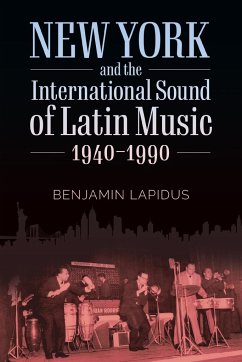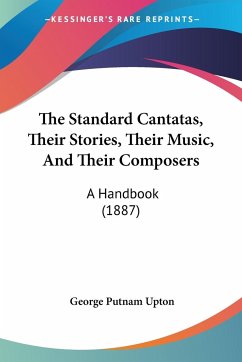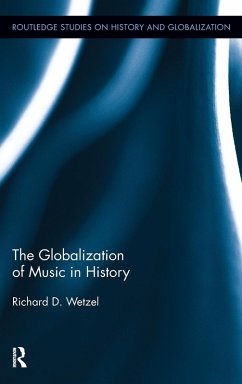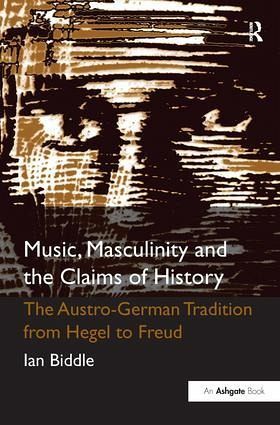
Music, Masculinity and the Claims of History
The Austro-German Tradition from Hegel to Freud
Versandkostenfrei!
Versandfertig in 1-2 Wochen
177,99 €
inkl. MwSt.
Weitere Ausgaben:

PAYBACK Punkte
89 °P sammeln!
What does it mean to think of Western Art music - and the Austro-German contribution to that repertory - as a tradition? How are men and masculinities implicated in the shaping of that tradition? And how is the writing of the history (or histories) of that tradition shaped by men and masculinities? This book seeks to answer these and other questions by drawing both on a wide range of German-language writings on music, sound and listening from the so-called long nineteenth century (circa 1800-1918), and a range of critical-theoretical texts from the post-war continental philosophical and psycho...
What does it mean to think of Western Art music - and the Austro-German contribution to that repertory - as a tradition? How are men and masculinities implicated in the shaping of that tradition? And how is the writing of the history (or histories) of that tradition shaped by men and masculinities? This book seeks to answer these and other questions by drawing both on a wide range of German-language writings on music, sound and listening from the so-called long nineteenth century (circa 1800-1918), and a range of critical-theoretical texts from the post-war continental philosophical and psychoanalytic traditions, including Lacan, Zizek, Serres, Derrida and Kittler. The book is focussed in particular on bringing the object of historical writing itself into scrutiny by engaging in what Zizek has called a 'historicity' or a way of writing about the past that not merely acknowledges the ahistorical kernel of historical writing, but brings that kernel into the light of day, takes account of it and puts it into play. The book is thus committed to a kind of historical writing that is open-ended - though not ideologically naïve - and that does not fix or stabilize the nature of the relationship between so-called 'primary' and 'secondary' texts. The book consists of an introduction, which places the study of classical music and the Austro-German tradition within broader debates about the value of that tradition, and four extensive case studies: an analysis of the cultural-historical category of listening around 1800; a close reading of A. B. Marx's Beethoven monograph of 1859; a consideration of Heinrich Schenker's attitudes to the mob and the vernacular more broadly and an examination, through Franz Kafka, of the figure of Mahler's body.




